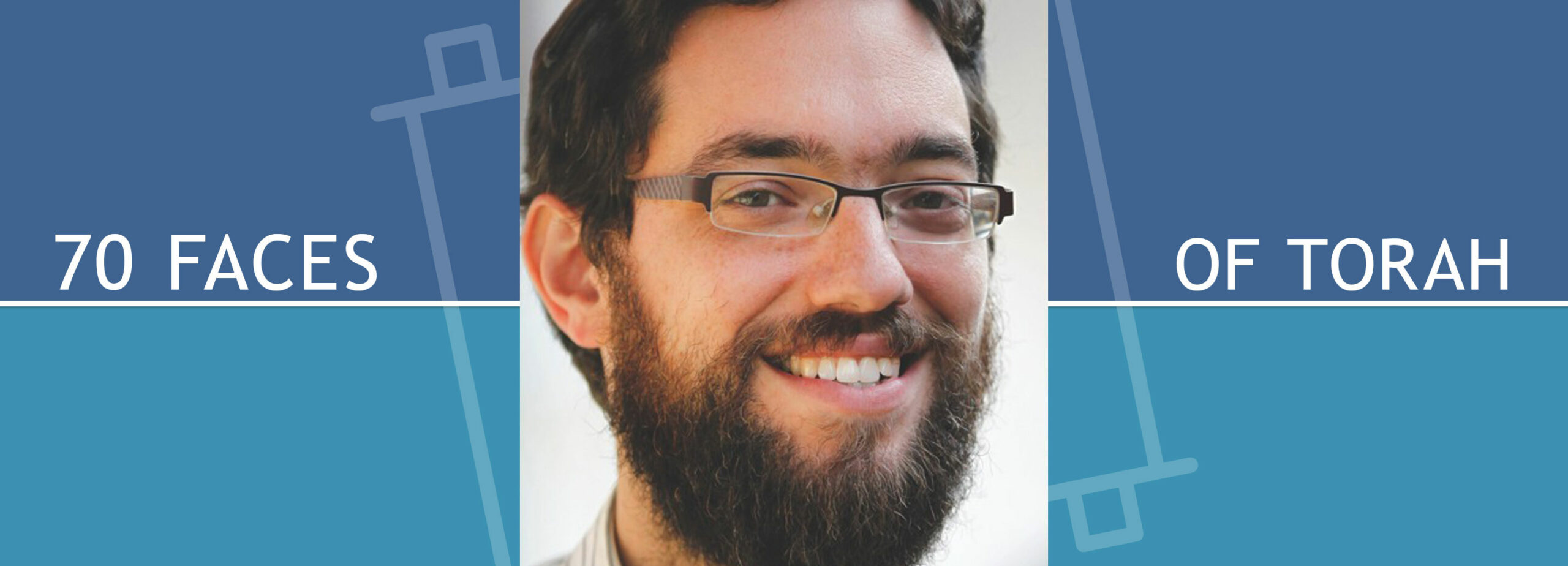Koleinu Humility, the Virtuous Source of Sin

Parashat Shelach (Numbers 13:1-15:41)
There are crucial moments in every story, turning points at which the direction of the narrative shifts in irrevocable ways, determining how the tale must end. Such is the moment in which we found ourselves in this week’s Torah reading, Parshat Shelah. God tells Moses to send a reconnaissance mission to scout out the Land of Israel. When they return, these advance troops report on the land’s beauty, but they also tell of the fierceness of its inhabitants; it is “a land that eats its dwellers” (Num 13:33). The people are understandably frightened and declare that they will not continue on this journey to the Promised Land. At this point, God has seen too much, declaring that the people, for their lack of faith, will suffer precisely the future they laid out for themselves: They will not enter the Land. Instead they will wander the now proverbial, but then literal, forty years in the wilderness, until all the adults have died in the wilderness, leaving only their children to enter the Land of Israel.
This is it. This is the moment when a journey from Egypt to Canaan becomes a forty-year sojourn, the paradigm for our notion of wandering in the wilderness. And yet, until that moment when God in God’s anger declares the punishment, it’s not clear we’re actually in such a pivotal moment. Sure, the Israelites are showing their rebellious streak, refusing to accept the charge that God has given them to enter the land of their ancestors. But this is far from the first time we’ve seen such a rebellious streak, nor will it be the last. The very birth of the Jews as a nation—the revelation at Sinai—is marred by our building a golden calf. The miraculous splitting of the Sea of Reeds is followed by grumbling about lack of water and food; the dedication of the Tabernacle was followed by priestly incompetence and death in that holiest of places; next week we get yet another rebellion, that of Korah against the leadership of Moses and Aaron. Why is this particular rebellion the turning point?
Rabbi Shmuel Bornsztain, the second Sochotchover Rebbe, in his book Shem Mishmuel, says that to understand the significance of the failure of the spies, we have to attend specifically to the similarities the episode shares with the story of the golden calf. The Shem Mishmuel starts with the midrashic telling of that story, in which the Israelites build the idol because the satan, the demonic opponent, showed them a picture of Moses dead. Frightened that they were now without their leader, they build the calf to take Moses’s place.
How could they fall for it? After all, shouldn’t they know that God would take care of them? Even if it were true that Moses had died, surely God would provide them another leader! The problem, says the Sochotchover Rebbe, is that they people had learned all too well from Moses, whose defining trait was his humility. The people had learned from their teacher and leader the value of humility, but they took it too far: They thought that they had no merit of their own, and that without Moses, they were no longer worthy of God’s care and protection.
Something similar happens with the spies. In last week’s parashah, Joshua was upset when two men, Eldad and Medad, prophesied in the camp; Moses, however, was undisturbed. A midrash explains Joshua’s distress by fleshing out the content of their prophesy: “Moses will die, and Joshua will bring the people into the land.” In light of such a prophecy, says the Shem Mishmuel, the people’s faith is shaken. Not their faith in God, but rather, once again, their faith in their own worthiness. Without Moses, will God really protect them?
The failure to trust in God’s protection at this moment, for this reason, stands out—not as a singular moment in the story of the Jewish people, but as a matched pair with the story of the golden calf. In both stories, God’s anger is so great that God threatens to destroy the people and start over with Moses as a new patriarch; in both cases Moses has to convince God not to do so, invoking the thirteen attributes of God’s mercy (Exodus 34:6–7; Num 14:18). Despite the myriad moments in our story when we rebel, when we push back, when we are fearful, these two stand out as pivotal, because they are the moments where the rebellion comes from a place of excessive humility, from a belief that we are worthy only because of our leaders, our ancestors, some external merit appended to us rather than the very virtue of who we are. God, it seems, can no longer stomach our lack of self-worth.
None of this is to say that humility is a bad thing. The Torah describes Moses as the most humble person, precisely because we, like the Israelites in the wilderness, are meant to learn from his example; humility is indeed a virtue. But even a virtue brings risk, and humility perhaps incurs more risk than most. We are to be humble, but not at the expense of recognizing our individual and communal merit. You are worthy of God’s love, of the attention of another, of care and protection. When your humility leads you to doubt that, brings you to a place where you accept a rotten and corrupted world, because you think you don’t deserve any better—when your humility wipes out your sense of personal worth, it is no longer a virtue. It might even be the start of sin.
Rabbi Micha’el Rosenberg was Associate Professor of Rabbinics at Hebrew College in Newton Centre, MA.

